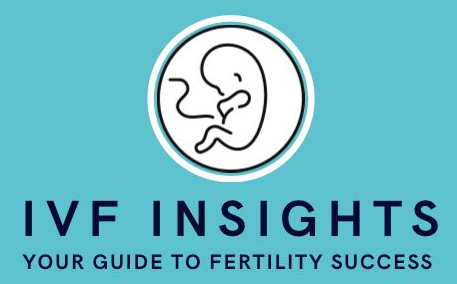
Unveiling the Silent Struggle: Signs of Infertility in Women
Infertility is a challenging journey that many couples face, and it can be emotionally taxing. While both men and women can experience fertility issues, this blog will focus on the signs of infertility in women. Understanding these signs is essential for early diagnosis and timely intervention. In this comprehensive guide, we will delve into the various aspects of female infertility, from its common causes to the telltale signs, and when to seek help.
If you or someone you know is trying to conceive, read on to gain insights into the signs that may indicate fertility struggles.
Irregular Menstrual Cycles
One of the most noticeable signs of potential fertility issues in women is irregular menstrual cycles. While occasional irregularity is normal, consistently unpredictable cycles can be a cause for concern. Regular menstruation is a sign of a well-functioning reproductive system, and irregular periods can point to hormonal imbalances or other underlying problems. Inconsistent cycles can make it challenging to pinpoint ovulation, a crucial factor in conception.

You Might Also Like: Signs of Infertility in Men
Painful Menstruation
Dysmenorrhea, or painful menstruation, is another red flag. While some degree of discomfort during menstruation is common, severe pain that interferes with daily life may indicate underlying issues such as endometriosis or uterine fibroids. These conditions can obstruct the fallopian tubes or affect egg quality, reducing fertility.
Abnormal Vaginal Bleeding
Vaginal bleeding between periods or excessively heavy bleeding during menstruation can be indicative of fertility problems. Conditions like polycystic ovary syndrome (PCOS) and uterine fibroids can lead to abnormal bleeding patterns and affect fertility. Seeking medical advice for any unusual bleeding is crucial to identify the root cause.
Absence of Pregnancy
Perhaps the most obvious sign of infertility is the inability to conceive after trying for an extended period, typically a year or more. If you have been actively attempting to become pregnant without success, it's time to consult a fertility specialist. Various factors can contribute to infertility, and a professional evaluation is necessary to determine the cause.
Painful Intercourse
Experiencing pain during intercourse, known as dyspareunia, can be an alarming sign of infertility. Conditions like pelvic inflammatory disease (PID) or endometriosis can cause discomfort during sex, making conception difficult.

Unexplained Weight Changes
Sudden and unexplained weight gain or loss can disrupt hormonal balance, affecting ovulation and fertility. Maintaining a healthy body weight is crucial for reproductive health. Obesity can lead to irregular periods and hormonal imbalances, while extreme thinness can cause amenorrhea (absence of menstruation).
Hormonal Imbalance
Hormones play a vital role in the reproductive system, and any disruption can lead to infertility. Signs of hormonal imbalance may include excessive facial hair growth (hirsutism), acne, or mood swings. Conditions like PCOS or thyroid disorders often underlie these symptoms.
Previous Reproductive Health Issues
Women who have a history of reproductive health issues, such as sexually transmitted infections (STIs), pelvic surgeries, or recurrent miscarriages, may be at higher risk of infertility. A detailed medical history is essential for assessing fertility potential.
Age-Related Fertility Decline
Age is a significant factor in female fertility. As women age, their fertility naturally declines. The late 20s to early 30s are considered the peak reproductive years, after which fertility gradually decreases. Women over 35 may experience reduced egg quality and quantity, making it harder to conceive.

Conclusion
Recognizing the signs of infertility in women is the first step towards seeking help and pursuing fertility treatments if necessary. It's essential to remember that infertility is a medical condition, and seeking professional guidance is crucial.
If you or someone you know is experiencing any of these signs, don't hesitate to consult a fertility specialist. With advances in reproductive medicine, there are many options available to help couples achieve their dream of parenthood. Don't let infertility define your journey; instead, empower yourself with knowledge and take proactive steps toward a brighter future.
Remember, you're not alone on this path, and there is hope and support available for those facing infertility.



